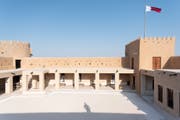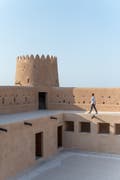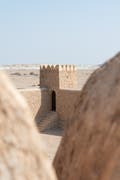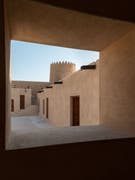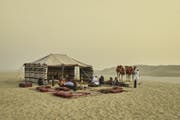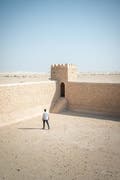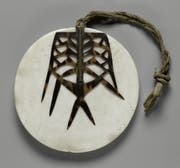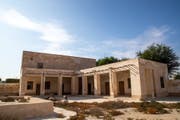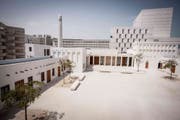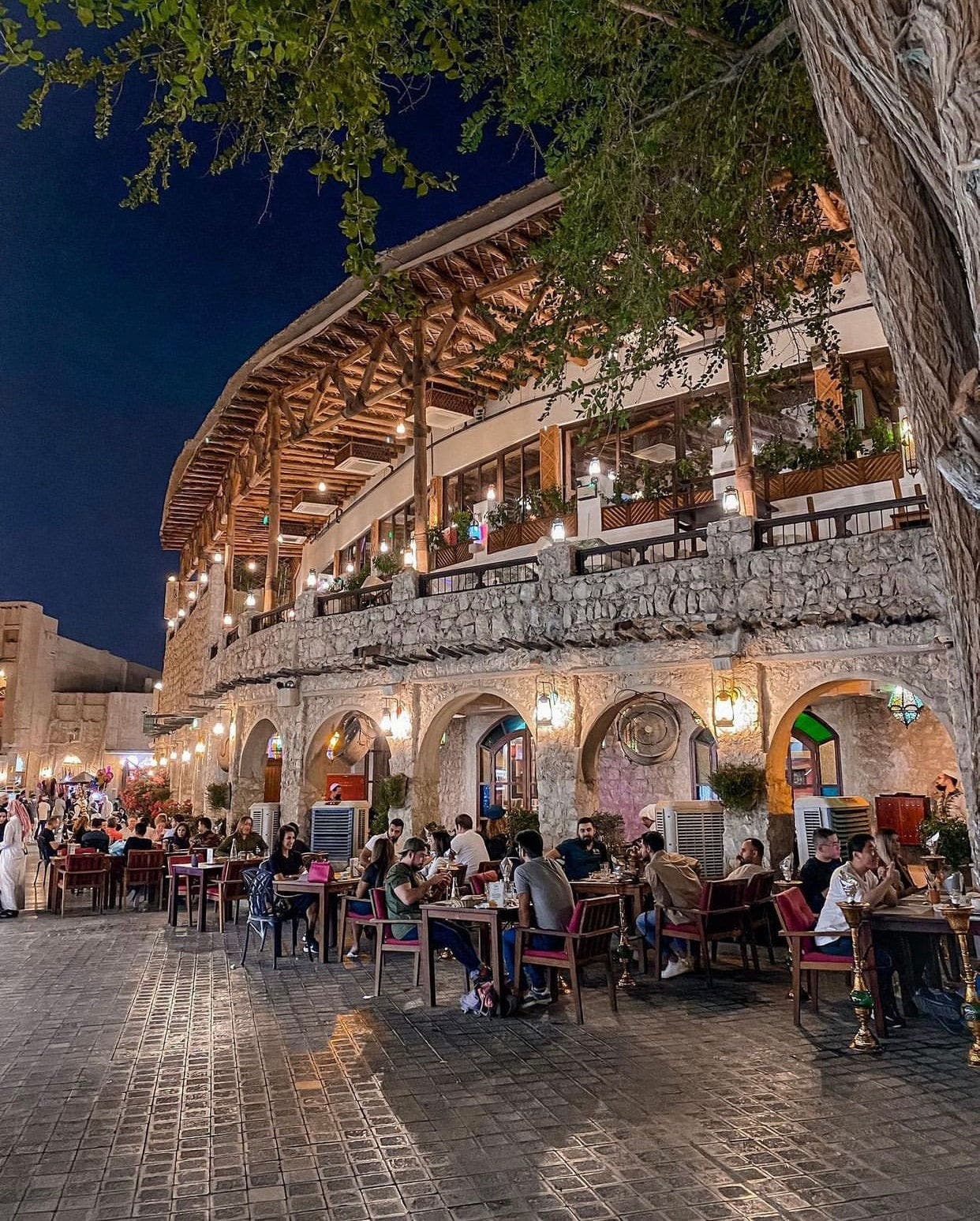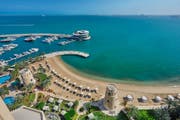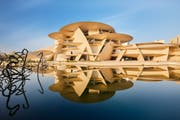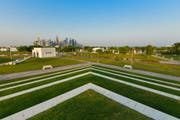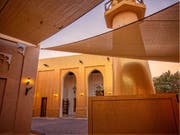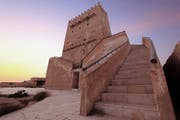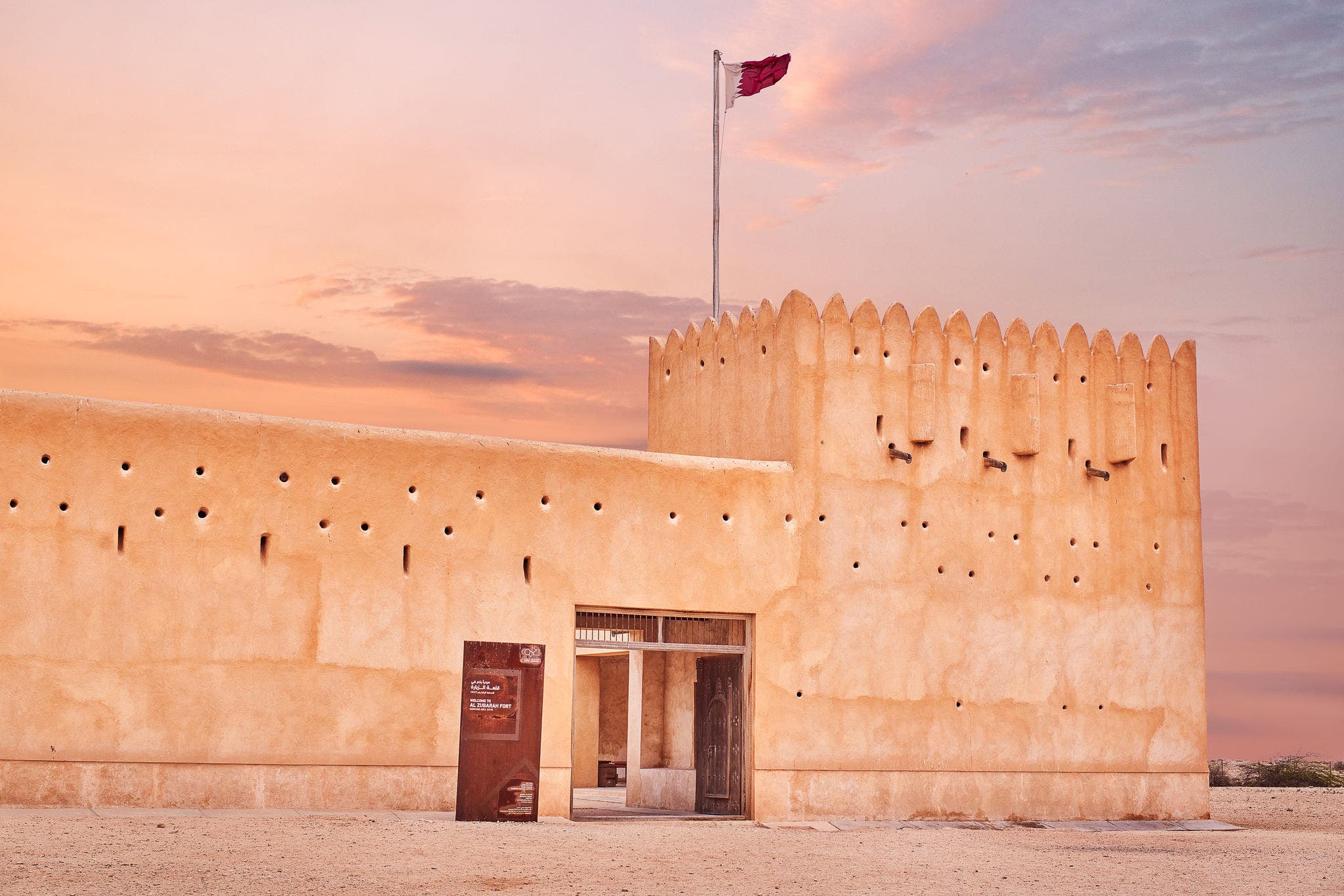Al Koot Fort, also known as Doha Fort, is an old military fortress in the heart of the city known for its striking architecture.
Museum, Heritage
Al Koot Fort - A historical building in Doha
Located in the centre of Doha, near the Corniche, Al Koot Fort was built in the 19th century to protect nearby traders from the clutches of thieves. Today, the fort has been converted into a museum (accessible by appointment only). Travellers to Doha are treated to a visual feast of impressive walls and towers and a relaxing fountain outside. With the opportunity to capture timeless images and savour the atmospheric charm on the way to Souq Waqif, Al Koot Fort offers a multifaceted experience.
How to get there?
-
Nearest metro station: Souq Waqif or Msheireb

-
Wadi Musheireb
This dry waterbed used to be a gathering place to trade livestock and other goods
-
Meaning of Al Koot
The name Al Koot is a literal term that means fort and jail in Arabic
-
Popular photo spot
The fort is a much-loved background for wedding photos
- item1
- item1
- item1
A brief history of the Al Koot Fort
This military fort has had many roles through the years, from fortress and police post to prison and museum.
Built by Ottomans as a police station
Al Koot Fort was built in 1880 by the Ottomans as a police post.
Used as jail
The fort was created to protect the nearby market from would-be thieves and a place where prisoners were housed.
Reconstruction of the fort
After its abandonment in 1915 by the Ottomans, the old Turkish fort was rebuilt by Sheikh Abdullah bin Jassim Al Thani. For many decades, the area northeast of the fort was used as a marketplace for camels.
Conversion into a museum
Refurbishment started in 1978 and the fort is now being returned to its former grandeur and used as a museum and occasional exhibition space.
The location
The fort was built on an elevation (Wadi Musheireb) where Bedouin tribes and locals would come to trade. As the trading place grew in fame, it became what is now the popular Souq Waqif.
The architecture
The fort has a square with one rectangular and three round towers that are crowned with traditional Qatari-style battlements and triangular-based ledges. Guards used slits in the ledges to mount weapons and defend against enemies. The courtyard mosque doesn’t have walls or a roof – the reason being that prisoners using the mosque could be monitored by guards during prayers.
Exhibits
Exhibitions housed inside Al Koot Fort include traditional Qatari handicrafts, wooden ornaments, fishing equipment, boats and gypsum (sulphite minerals from the desert). There are also historical photos and paintings of craft workers and daily life.
Explore hotels, restaurants and sights near Al Koot Fort
Looking for a place to stay and dine in historic Doha? Here are some ideas as well as attractions in the area.
Any questions about Al Koot?
Frequently Asked Questions
Souq Waqif and Msheireb metro stations are just a few minutes walk from the fort.
Al Koot Fort is open by appointment only, so it’s best to contact them at +974 44424143 to arrange a visit.
To obtain filming permits, contact Qatar Tourism's press office at pressoffice@visitqatar.qa or call +974 3392 4466.
No, you can freely view Al Koot Fort from the outside.
Yes, Al Koot Fort is also spelt Al Khoot or Al Kuwt and is commonly known as Doha Fort.
The fort is located approximately 16 minutes' drive from the Hamad International Airport.
Useful information
Get directions
Daily
8:00 AM–12:00 AM
Continue to explore
- item3
- item1
- item2
Things to know before travelling
-
Visas
Want to travel visa-free? Check if you qualify here.
-
Getting here
Planning your trip to Qatar? Check how to get here.
-
Travel tips
Make the most of your visit with our handy travel guide.
-
Getting around
From a dhow boat to our world-class metro, here’s how to easily explore Qatar.
Doha City Guidebook
Contact
